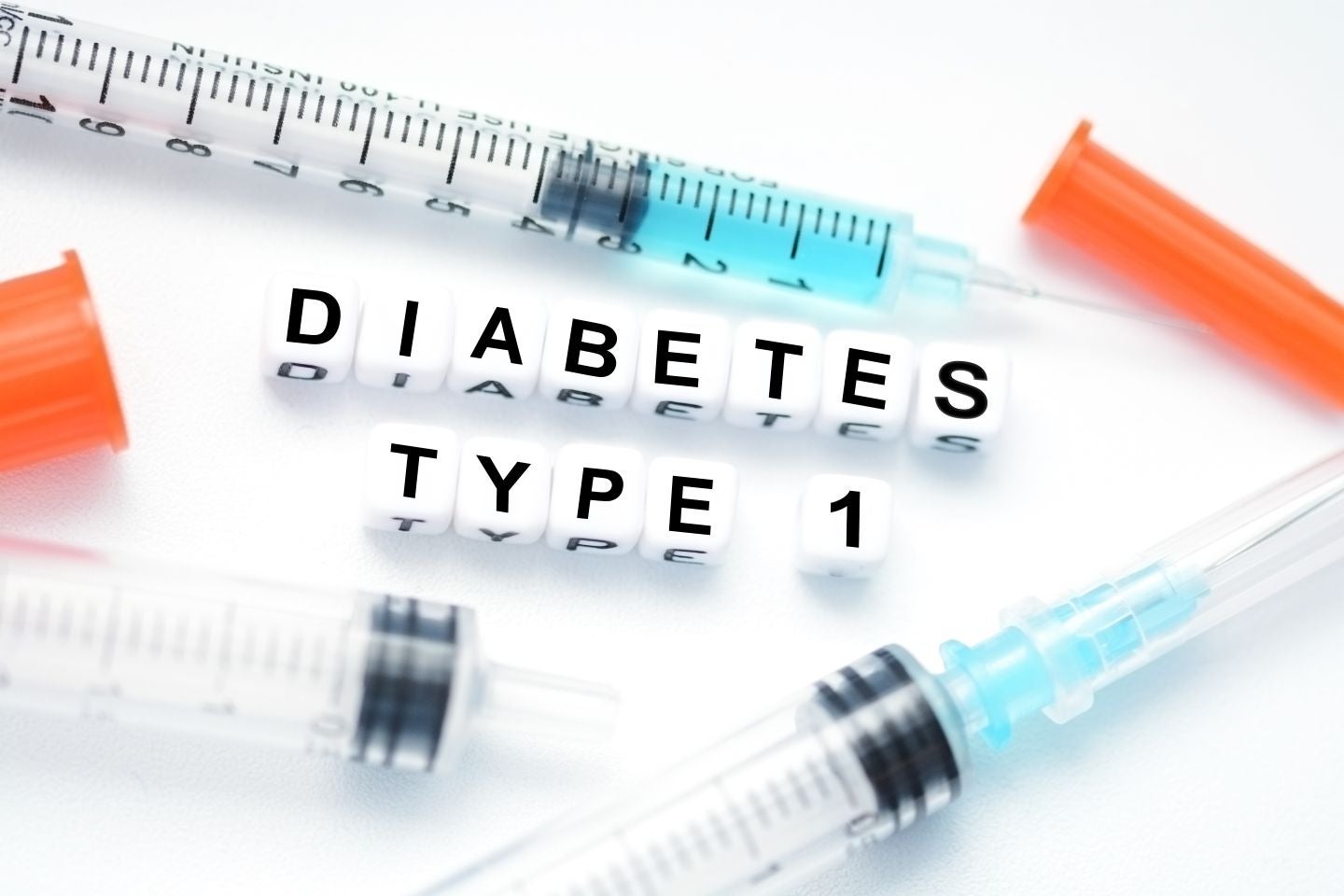At the 2025 European Association for the Study of Diabetes (EASD) meeting in Vienna, investigators reported one-year outcomes from FORWARD, a pivotal study of zimislecel (VX-880), an allogeneic, stem cell-derived islet therapy. Among 12 adults with Type 1 Diabetes (T1D) who received a single full-dose infusion, mean HbA1c fell from 7.8% to 6.0%. In addition, 83% achieved insulin independence and severe hypoglycemic events (SHEs) were eliminated, with safety consistent with steroid-free immunosuppression and the islet infusion procedure. Continuous glucose monitoring (CGM), a wearable sensor that tracks glucose in real time, was used throughout and informed all glycemic endpoints.
T1D is an autoimmune disease that destroys pancreatic beta cells, leading to lifelong insulin therapy and acute complications such as hypoglycemia. Beta-cell restoration therapy aims to re-establish physiologic insulin secretion, stabilise glucose, and protect against hypoglycemia in patients with impaired awareness and recurrent SHEs.
FORWARD is a single-arm, open-label Phase 1/2/3 study in adults with T1D and recurrent SHEs. Participants receive zimislecel with a steroid-free immunosuppression regimen and continuous CGM monitoring from screening onward. As of October 2024, 22 participants were dosed; 12 received a single full dose and completed at least one year of follow-up.
All 12 full-dose recipients improved HbA1c and overall glycemic control. Time-in-range reached 93.3%, time-below-range fell to 0.3%, and mean insulin use dropped from 40.9 IU/day to 3.3 IU/day at Day 365. Ten of 12 were insulin-independent at one year. SHEs were eliminated across the full-dose cohort, indicating consistent protection alongside near-normoglycemia.
Safety showed no serious adverse events attributed to zimislecel. Two deaths reported elsewhere in the program were unrelated. Overall, events aligned with expectations for immunosuppression and islet infusion, which will be central to risk–benefit assessments and patient selection.
Key opinion leaders (KOLs) interviewed by GlobalData said, “moving from lifelong insulin to curative solutions is the next frontier.” They highlighted the daily burden of insulin—multiple injections or pump wear, constant dosing decisions, and hypoglycemia risk—as the reason to prioritise therapies that restore endogenous insulin production and reduce day-to-day management load.

US Tariffs are shifting - will you react or anticipate?
Don’t let policy changes catch you off guard. Stay proactive with real-time data and expert analysis.
By GlobalDataFrom a pharmaceutical strategy perspective, zimislecel could anchor a premium, disease-modifying segment in high-risk T1D. The value story centres on insulin independence, elimination of SHEs, and guideline-level glycemic outcomes from a single infusion. Strategic priorities include multi-year durability, optimisation of long-term immunosuppression, infusion-centre networks with CGM-guided follow-up, and payer frameworks that bundle procedure, monitoring, and complications management.
If Phase 3 confirms these results, zimislecel could reset the standard for patients with impaired hypoglycemia awareness. A near-term playbook for first movers includes a hub-and-spoke rollout, where a few specialist centers handle infusions and complex monitoring, while local clinics manage screening and follow-up; outcomes-based contracts that link payment to insulin independence and elimination of SHEs; and partnerships that use CGM data to guide post-infusion care. Together, these steps can turn pivotal-trial efficacy into reliable real-world performance and help establish an early market lead.





